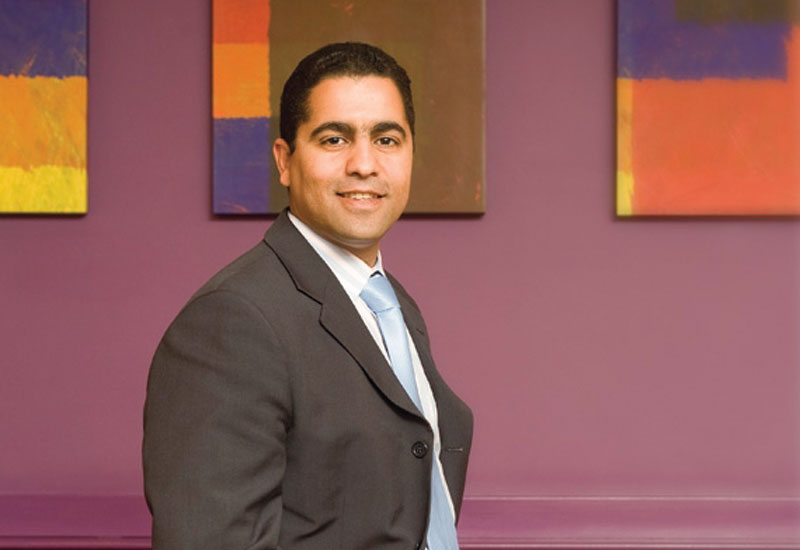 Rachid Chemmaa, new general manager of Sofitel Al Hamr?a, Jeddah talks exclusively to Hotelier magazine.
Rachid Chemmaa, new general manager of Sofitel Al Hamr?a, Jeddah talks exclusively to Hotelier magazine.
Rachid Chemmaa, the new general manager of Sofitel Al Hamr’a in Jeddah, explains how it is the responsibility of the GM to bridge the gap between different hotel departments
What are your immediate and long term plans in your new role?
My immediate goals in my new role as general manager are centred on employee development. To raise service levels for our guests, we have to invest in employees’ development at all levels and focus on training each one of them; increasing their know-how and their understanding of the whole business. For the heads of different departments, I would like to see them lead the entire team with confidence. We will be working with the support of Accor Academy, the dedicated in-house training academy of the Accor Group, to enhance skills. A leadership programme is in progress at the moment where all our staff will attend tailor-made skills trainings with a great focus on interacting effectively with guests, colleagues and suppliers.

| Advertisement |
My long-term plans focus on increasing the base business we have. Opportunities exist to reinforce this though aggressive promotions, week in week out, and through the introduction of the revenue management processes. Another thing I would like to do is drive brand reputation and work on our positioning, given the high regard we have for the Sofitel brand as Accor’s top luxury hotel.
What is it about the hospitality industry that you enjoy?
Hospitality is one of the fastest growing industries in the world today. In terms of creativity, hospitality is the industry to be in. Our industry recognises meritocracy rather than tenure, and it helps every hotelier to realise his full potential by creating a platform for success.
What do you hope you will achieve in this role?
I would like to ensure that the cultural shift for me is successful. In a new continent and in a new team, general managers are confronted with numerous challenges. I must immediately understand both group and individual dynamics in the hotel in order to shift my perspective from being a specialist to being a generalist who understands the functions of all groups, without losing the expertise and the specialisation.
How is business in this industry following the downturn – have you had to be more innovative?
During the downturn, we identified business opportunities, got creative about assembling resources, and we went after them with the knowledge that the potential for competitive advantage would be greater than in a boom period. In an economic downturn, consumer behaviour changes, and invariably this creates the need in the market for substitutes for some of the most essential “must haves”. In the Middle East, Saudi Arabia was one the countries that suffered less during the economic crisis.
Do you envisage any particular challenges in this position?
I see challenges as opportunities. A manager is usually someone who leads a group or groups of associates who have specialisation in common. However, the job of the general manager is to bridge the gap between all of these different groups. Sometimes there are very large gaps where groups do not fully understand how they interact with one another. The challenge in this role is really to change the focus of each expert from leading an independent group, to interacting with the other interdependent groups to create synergy. Those transformations come from effort, understanding the country’s macroeconomics, the associate’s culture, and also from learning new skills.








 Search our database of more than 2,700 industry companies
Search our database of more than 2,700 industry companies









